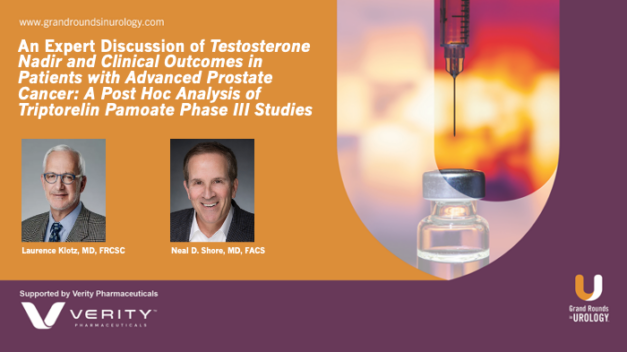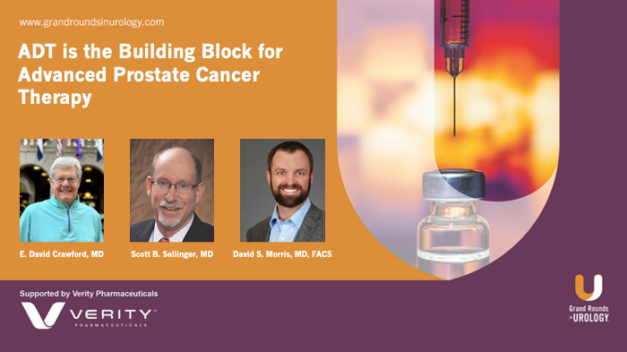Presentations from 1st International Functional and Reconstructive Urology Update
These lectures were presented during the Presentations from 1st International Functional and Reconstructive Urology Update in August 2024, in Denver, Colorado.
Read More

